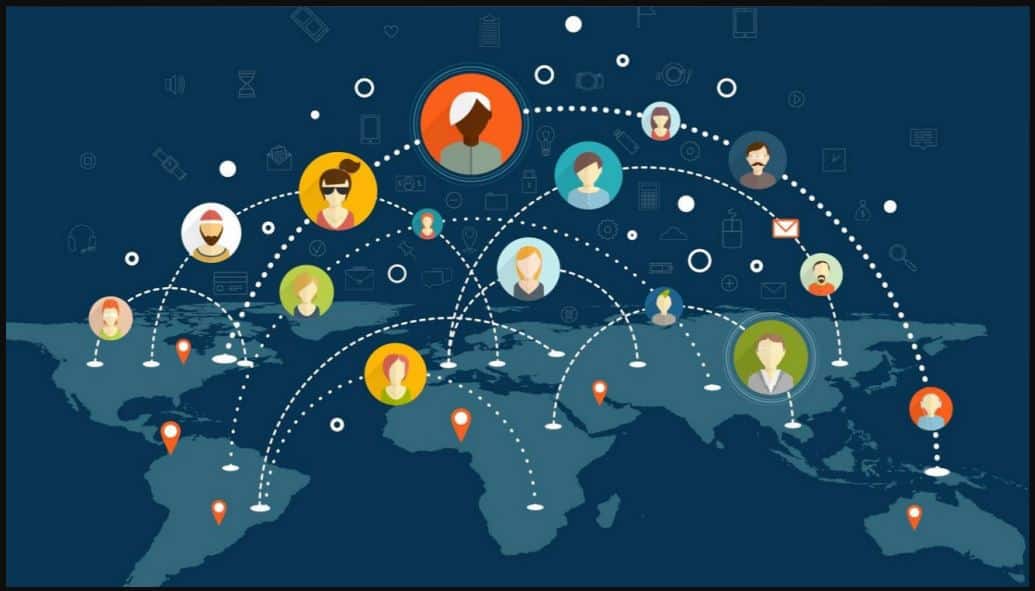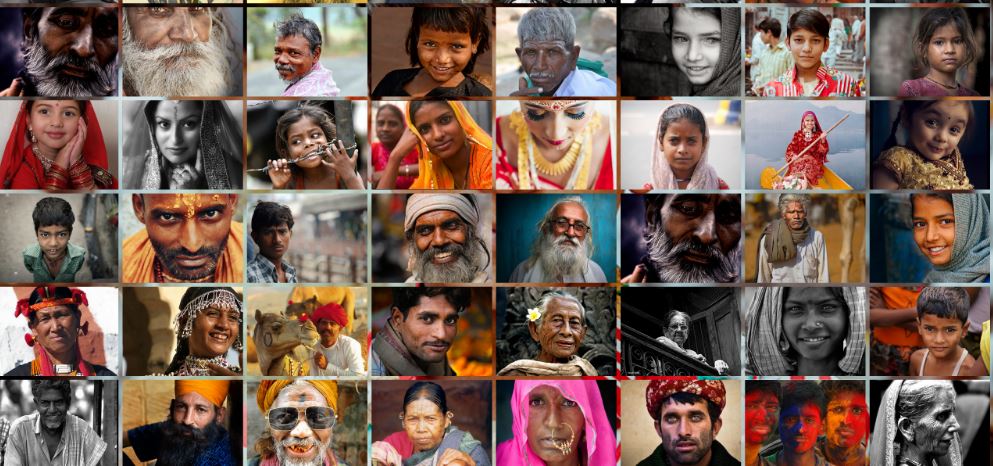Table of Contents
What is Globalization and its Significance, Causes and Effects ? | UPSC – IAS
(Brief Overview)
Globalization thrives on the world’s new, inexpensive transportation and communication facilities. It requires freedom of movement across borders of goods, services, capital, knowledge, and people. It also requires new institutions for negotiating rules and regulations across international borders.
- With globalization, and the internet, billions of dollars of investment capital can move around the globe at the stroke of a key.
- Globalization means increased trade among nations, as well as increased travel, world art, music, and literature, and new dimensions of economic investment.
- New and different social and cultural forms have arisen. However, globalization has also led to increasing disparities of wealth between the rich and the poor, and this disparity has fostered movements opposing further globalization.
- Globalization means integration of economies and societies through cross country flows of information, ideas, technologies, goods, services, capital, finance and people.
- Globalization has made countries to realize that nations can no longer be cocooned in their own cultural or economic nests but invariably be part of the larger picture which takes into account the competencies, interests and the dependencies of economies world -wide.
Information Technology and Globalisation | UPSC – IAS
- Globally use of the Internet increased phenomenally in the 1990s. In 1998 there were 70 million Internet users world-wide. Of these USA and Canada accounted for 62% while Asia had 12%. By 2000 the number of Internet users had risen to 325 million. India had 3 million Internet subscribers and 15 million users by 2000, thanks to the proliferation of cyber cafes all over the country.
- The spread of multinational companies and the opportunities opened up by the information technology revolution has created in the metropolitan cities in India class of upwardly mobile professionals working in software firms, multinational banks, chartered accountancy firms, stock markets, travel, fashion designing, entertainment, media and other allied fields. These high-flying professionals have highly stressful work schedules, get exorbitant salaries and are the main clientele of the booming consumer industry.
- It should also be noted that for the first time, mainly due to the information technology revolution, there has been a globalisation of finance. Globally integrated financial markets undertake billions of dollars worth transactions within seconds in the electronic circuits. There is a 24-hour trading in capital and security markets. Cities such as New York, Tokyo and London are the key centers for financial trading. Within India, Mumbai is known as the financial capital of the country.
- With the advent of globalization, a nation’s economy became more connected with and dependent on those in other countries around the world. For example, when several Asian countries faced economic turmoil in the late 1990s, the economic impact was felt in Western nations at the corporate and individual levels.
Positive and Negative effects of Globalisation | UPSC – IAS
Negative effects of Globalization
- Digital divide
- Natural manure is replaced by synthetic fertilizers.
- Greater threat of spread of communicable diseases
- Global recession impact on Indian economy
- Jobless growth
- Westernization: valentine day, clothes (low-waist jeans) (can be – or +) no culture is bad
- Threat to traditional knowledge system: Rudraksha and Basmati rice has highlighted the need for protecting the base of its indigenous knowledge system
- Urbanization migration (rural to urban)
- Rise of materialism leads to → Consumerism
Positive effects of Globalization
- Cultural interaction has helped to overcome cultural barriers.
- Tourism
- Removal of orthodox obstacles → women empowerment
- MNC’s BPO KPO → job creation
- Human rights issues highlighted
- Woman empowerment / issues highlighted
- Gender equality
- Increase competition → good product with cheaper rates
- Economic development & economic independence of women → increase in self confidence
Debatable question – Different views on Globalization
- In Economics we have views on pro-globalization by Jagdish Bhagwati etc. who build on the economic notion that free trade helps everybody and lift the poor out of poverty,
- While we have the anti-globalization views -by the likes of Vandana Shiva, Arundhati Roy, etc.,who see globalization as a way for multinational corporations and multilateral institutions (World Bank, IMF) to change the rules all over the world to ensure better markets for the rich countries.
Conclusion | UPSC – IAS
Process of globalization is not new. The globalization of the economic, social and cultural structures happened in all ages. Earlier the pace of such a process was so slow that we hardly noticed.











